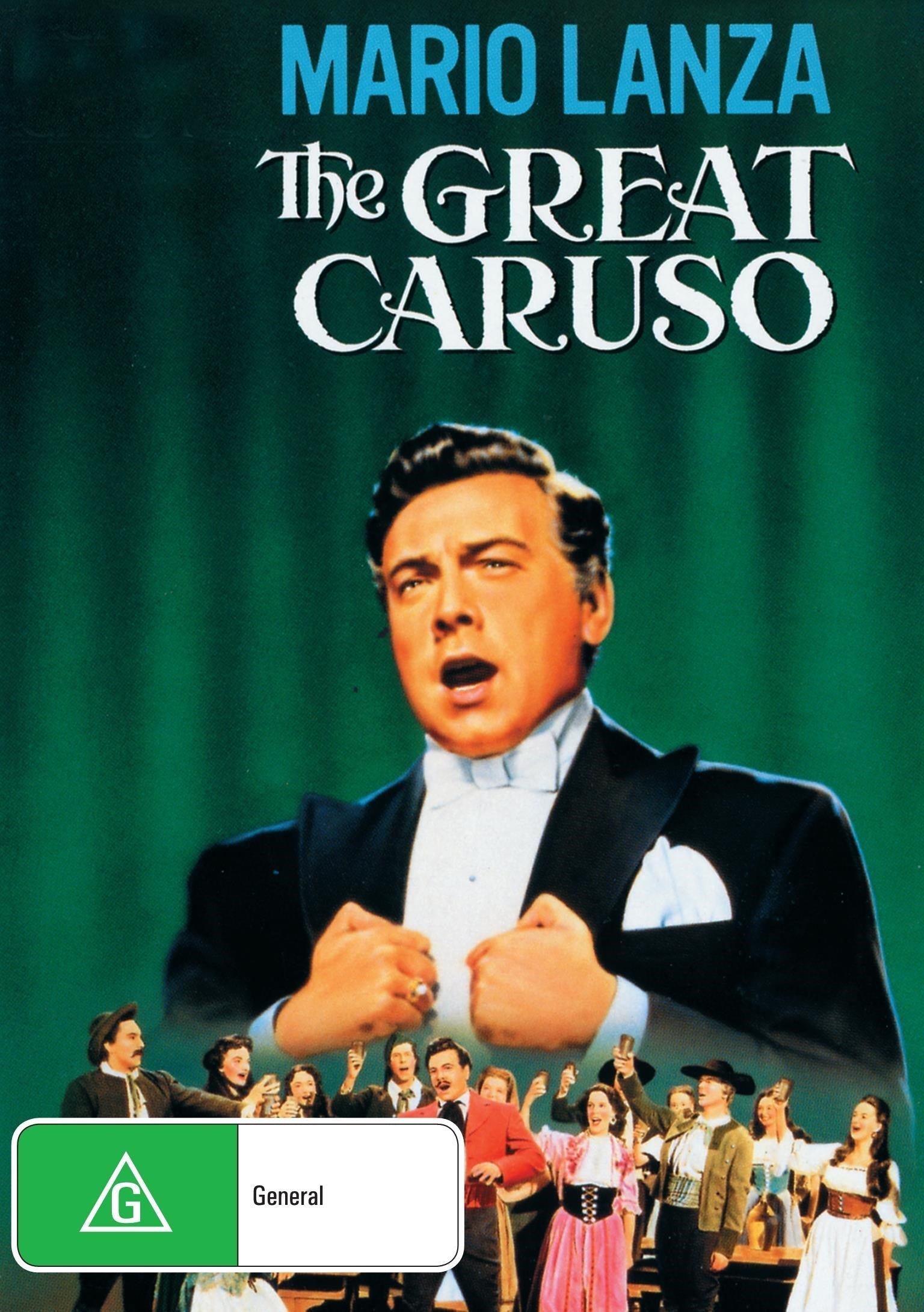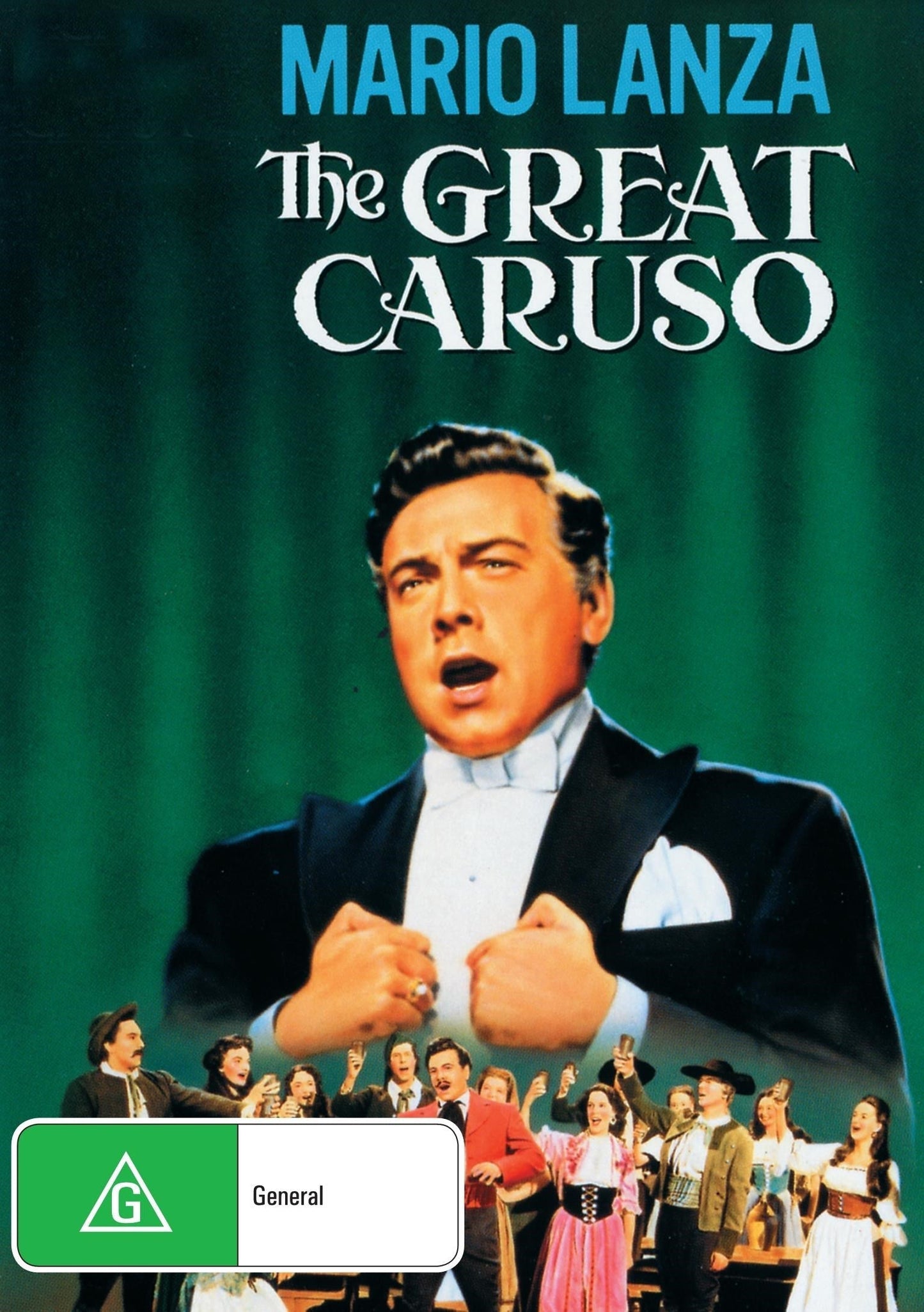Great copy of movie.
Thank you. I will be ordering again in the future.
Easy purchasing process and effective digital download.
I am so happy with my DVD purchase from Rare & Collectables! It arrived packaged well in a nice slim cover with the original DVD picture on it. I will be ordering again!!! Thanku
Item received was not 'starring Helen Hayes' despite her picture being on the DVD, it was actually the version with Joan Hickson. I raised a complaint one week ago but still heard nothing in reply. Very poor customer service.
Easy way to get to see an old magnificant movie with superstars. Delivered within 48 hours, downloaded in good quality few minutes with soundtrack in three languages.
i purchased this from you several months ago. Unfortunately I never saved it . i owned the dvd that i purchased about 20 years ago.and when my computer crashed lost it a second time. Anyone who buys a movie three times likes it. What you sold me is near DVD quality. Your competition sells it for three times what you charged because once again it's out of print. To boot when the charge three times the price the qualitty is poor. I OWN 10,000videos that took 40 years to acquire making purchases all over the world. I say this to emphasize that you are the only quality shop doing what you do so customers can have confidence when they buy from you. The only problem dealing with you is your supply is limited otherwise I would be our best customer. For the record this is a fact based story with fictionalized characters.
These copied burned movies not original
It’s illegal to sell burned movies
Perfect condition, really happy with this DVD. Highly recommend
DVD was severely damaged and could not be played.
The movie came fast snd is good quality. I will browse again.
The disk is the wrong one
I Sorry But I Don't Like The Thin Case The Dvd Was In
I have used the Rare & Collectables for a few year and find no problem with them. I mainly go for downloads instead of buying the movie.
Thanks so much. Great film.










